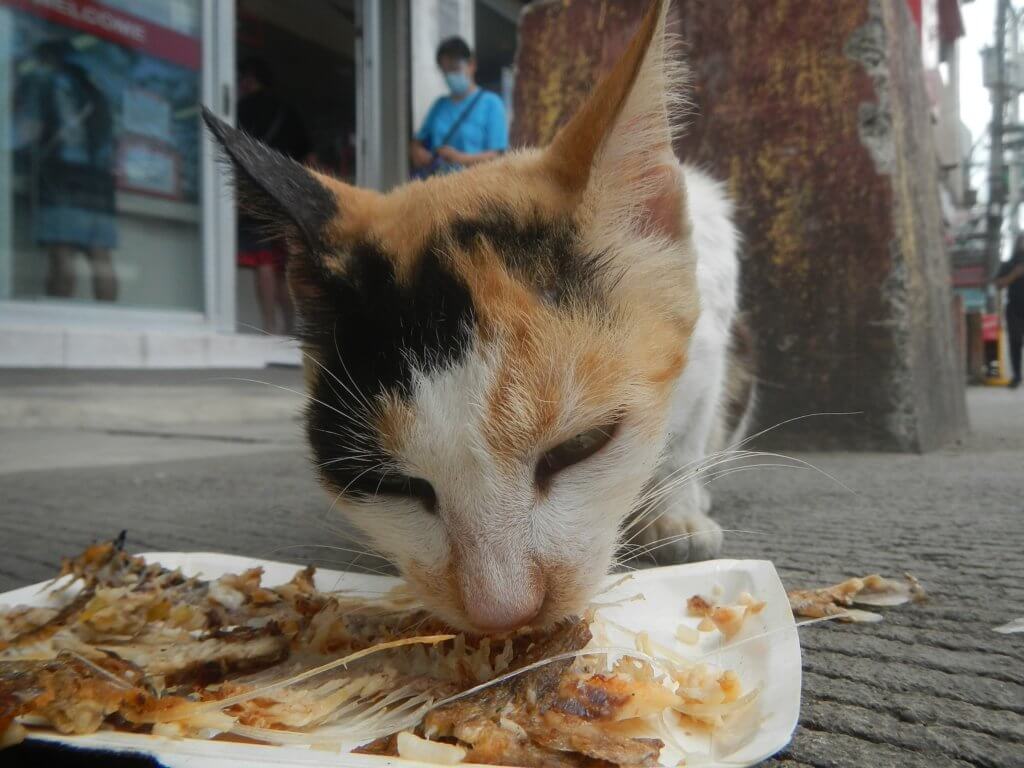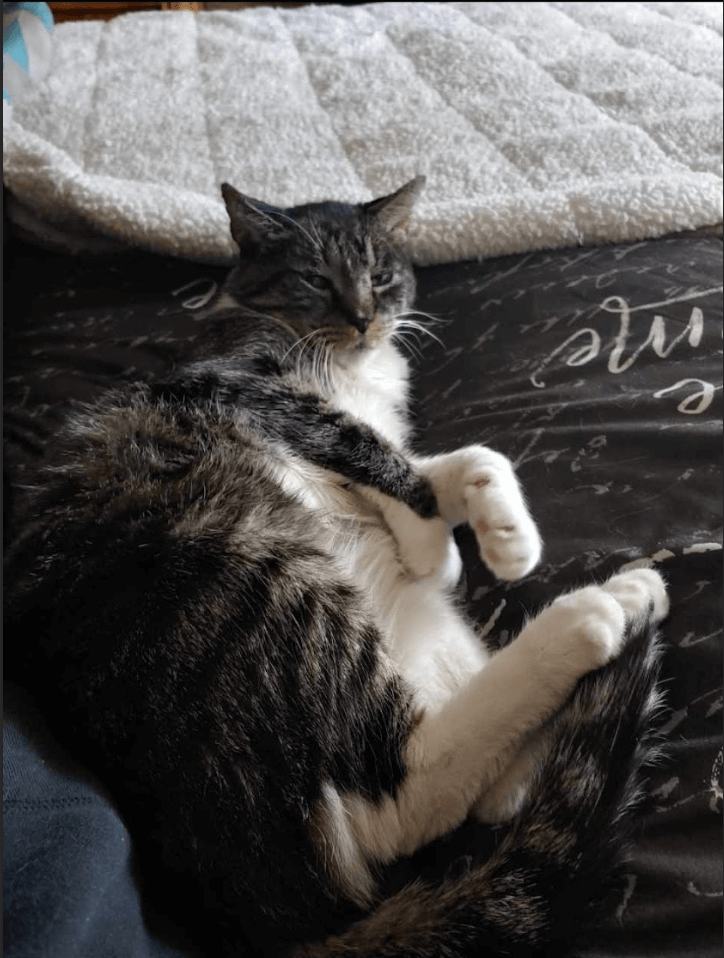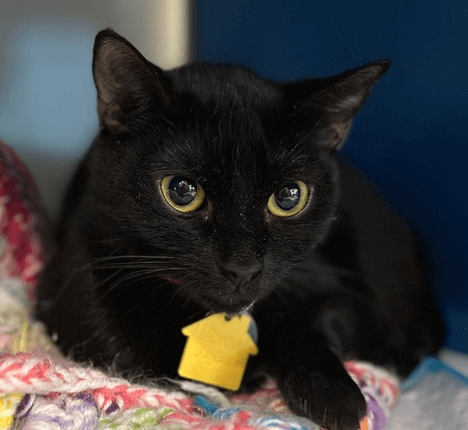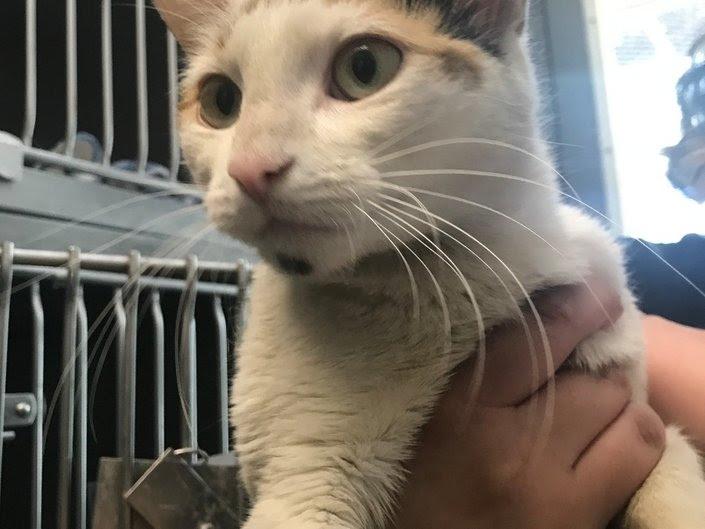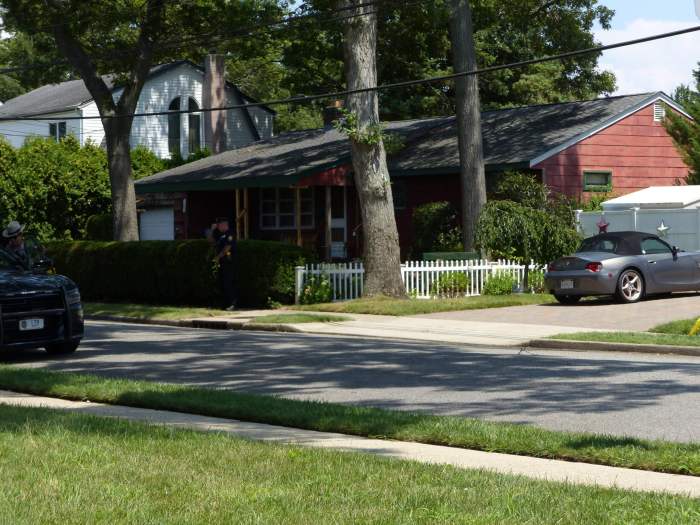FIV (feline immunodeficiency virus) is a viral infection typically transmitted through deep bite wounds from a infecteds cat to noninfected cats, but due to lack of education and misinformation, FIV-positive cats are almost always passed up by potential adopters.
Bonnie Rosen of Melville has been involved in animal rescue for several years, helping FIV-positive cats find their forever homes.
“I adopted my first FIV-positive cat from the Town of Hempstead Animal Shelter in January 2019,” she said.
“A plea was made for a very friendly senior cat found as a stray, with inoperable cancer and FIV, deemed hospice with no takers. I went to meet him at the shelter and immediately fell in love. When I brought him home, he actually jumped out of his carrier and hugged me. He was truly the most loving cat I ever had. I named him Casey but always called him my boyfriend.”
Bringing Home Cats With FIV
Rosen also had two other cats and two dogs when she adopted Casey.
It’s generally safe for FIV positive and FIV negative cats to live together if they get along and there is no risk of aggressive behavior or fighting.
And despite popular belief, FIV is not transmissible to humans or other non-feline animals or through contact such as sharing food/water bowls.
Rosen went on to adopt other FIV-positive cats and will continue to do so.
“I would never hesitate to bring an FIV-positive cat into my home,” Rose added.
“As with any new animal, proper introduction is crucial. If you meet an FIV-positive cat that you think is a great fit, adopt! Don’t let the diagnosis stop you.”
Interestingly, like Rosen, most animal rescuers and volunteers say FIV-positive cats are among the sweetest animals they’ve ever met.
They can make wonderful companions, and with proper care, they can live fulfilling lives.
It’s essential to provide them with a stress-free environment, a high-quality diet, and regular veterinary checkups.
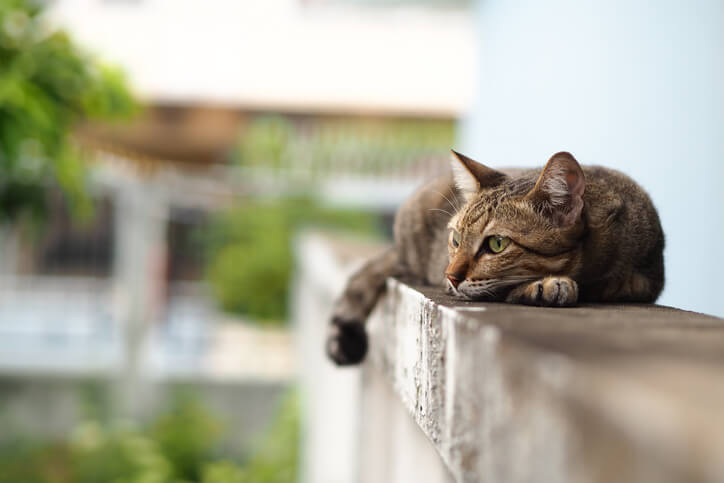
Ensuring Cats Do Not Get And Spread FIV
Preventive measures such as regular checkups and vaccinations are crucial to maintaining their overall health.
“If you notice any signs or symptoms of something unusual, they can usually be treated and/or corrected by working with your veterinarian,” says Rosen.
Of course, the best way to address the FIV problem is prevention.
Outdoor cats should always be spayed/neutered to reduce the population and prevent the risk of transmission.
Working with local animal shelters, rescues, clinics, and veterinarians is the key to controlling this preventable virus.
